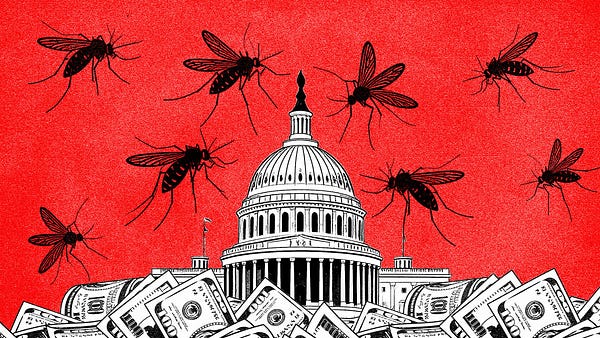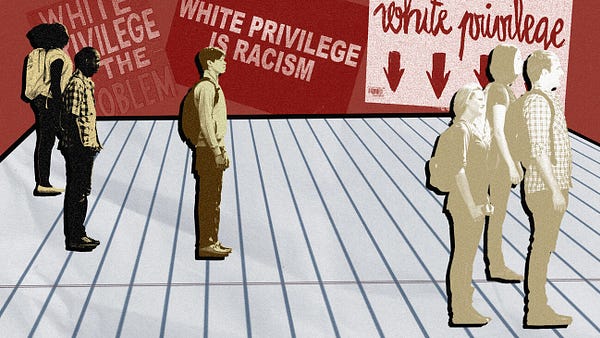
It is incredible, if you think about it, that the New York City subway exists at all. Not just the physical marvel of it, although it is a marvel: the labyrinth of tunnels beneath the city, the trains careening around within, a century-old machine built from steel and concrete and raw human ambition. But even more remarkable is that this machine is full of people. Four million per day, traveling over 850 miles of track to hundreds of destinations within the five boroughs. Four million people massing on platforms and inside trains, shoulder to shoulder and hip to hip, muttering apologies and avoiding eye contact despite being close enough to feel the damp heat of each other’s breath.
The intimacy of a crowded subway car is not a love affair, but there’s a romance to it all the same: all those strangers huddled together, in motion, trying to keep their balance.
During the decade or so that I lived in New York, I came to appreciate the subway as a sort of liminal theater—grimier and more haphazard than a Broadway show, but no less attention-grabbing. If the subway carried passengers, it also housed characters, people who didn’t ride the trains so much as haunt them.
There were flashers, preachers, breakdancers; a barbershop quartet of elderly gents who claimed to have met at an actual barbershop. There was a man with one dark eye and an undifferentiated mass of pink scar tissue where his face used to be, carrying a tattered copy of the newspaper story about the acid attack that had left him disfigured. There were the fabulists: the kids hawking obviously shoplifted candy bars “for the basketball team,” the middle-aged man who labored up and down the aisle dragging an apparently useless leg behind him. This last one lived in my neighborhood, where I would see him walking to the subway each morning—jauntily, with his leg brace propped against his shoulder like a pair of skis.
But the hustlers and fakers—and even, to a certain extent, the masturbators—signaled two important things. First, that the city’s underground spaces were home to a certain baseline level of antisocial behavior. And second, that this behavior had limits. The subway was like one of those Halloween houses where the actors will scream or rush at you, but never actually touch you. Uncomfortable, yes; dangerous, no. Because at the end of the journey, the train stops. The doors open. You leave—and the sea of waiting passengers dutifully parts, letting you off before they get on.
The system runs on trust.
When the social fabric of New York begins to unravel, it frays underground first. It doesn’t matter what the statistics say, whether crime is up or down or better or worse than before. The way New Yorkers feel about the subway is based on vibes, anecdotes, things heard and seen—and the way New Yorkers feel about the subway is also the way they feel about each other. The shared trust that allows people to willingly gather with a thousand strangers on those platforms, with no guardrails and a grisly death just a brief plunge away, is powerful but also precarious.
What does it take to shatter it? Not much. A single push.













